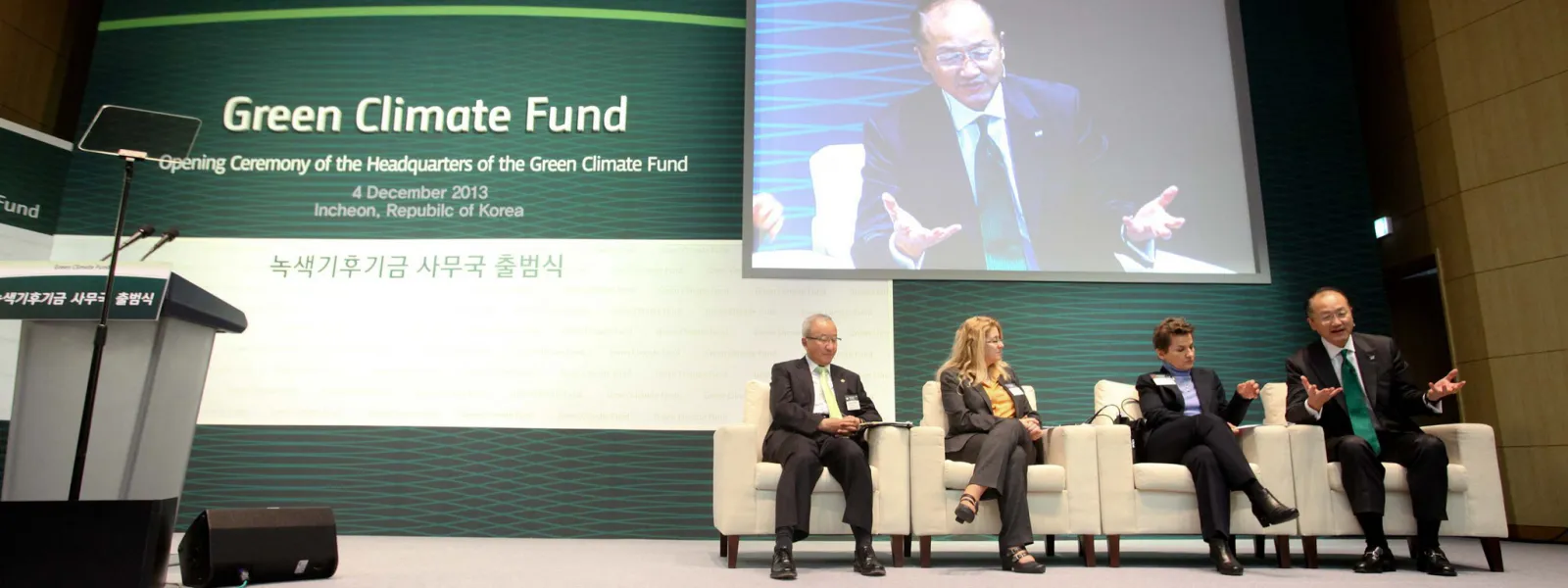
Project
Photo: GCFAdvocating before the Green Climate Fund
The Green Climate Fund is the world's leading multilateral climate finance institution. As such, it has a key role in channelling economic resources from developed to developing nations for projects focused on mitigation and adaptation in the face of the climate crisis.
Created in 2010, within the framework of the United Nations, the fund supports a broad range of projects ranging from renewable energy and low-emissions transportation projects to the relocation of communities affected by rising seas and support to small farmers affected by drought. The assistance it provides is vital so that individuals and communities in Latin America, and other vulnerable regions, can mitigate greenhouse gas emissions and address the increasingly devastating impacts of global warming.
Climate finance provided by the Green Climate Fund is critical to ensure the transformation of current economic and energy systems towards the resilient, low-emission systems that the planet urgently needs. To enable a just transition, it’s critical to follow-up on and monitor its operations, ensuring that the Fund effectively fulfills its role and benefits the people and communities most vulnerable to climate change.
Reports
Read our recent report "Leading participatory monitoring processes through a gender justice lens for Green Climate Fund financed projects" here.
Partners:
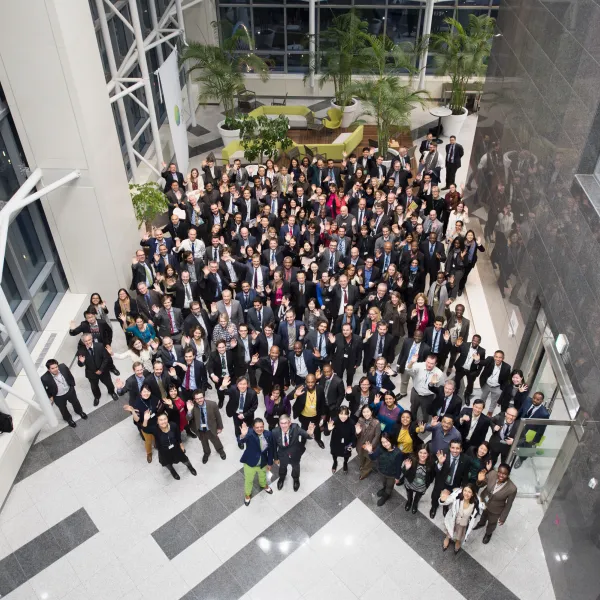
Related projects
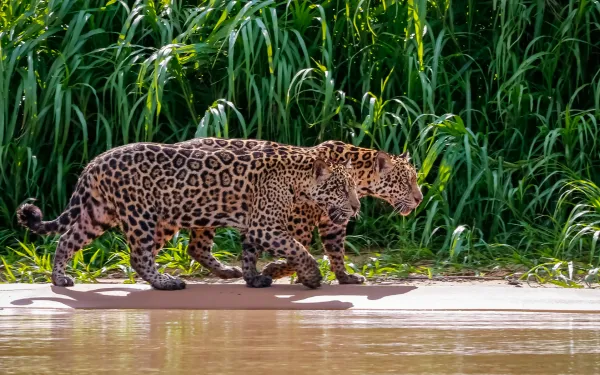
In-danger designation requested for Pantanal wetlands in Brazil, Bolivia and Paraguay
On World Wetlands Day, advocates urged the Ramsar Convention Secretariat to conduct an advisory visit to wetlands severely affected by fires, and for the governments of the three countries to inscribe the sites on the global list of wetlands at risk of disappearing. Gland, Switzerland -- Civil society organizations sent an urgent alert to the Ramsar Convention today requesting a full assessment of damage caused by recent fires in the Pantanal, the world’s largest tropical wetland, a natural area shared between Brazil, Bolivia and Paraguay. The groups requested that the Secretariat conduct an advisory mission to analyze the state of six wetlands, which the Convention has recognized as being sites of international importance, and for the wetlands to be included on the Montreux Record, a list of the world’s most at-risk wetlands. The Interamerican Association for Environmental Defense (AIDA), the Center for Biological Diversity and Ecologia e Ação (ECOA) sent the alert on World Wetlands Day. They also urged the three governments to urgently implement measures to preserve the Pantanal as a transboundary ecosystem. The Ramsar sites addressed in the request are the Bolivian Pantanal; the Reserva Particular do Patrimonio Natural SESC Pantanal, the Reserva Particular do Patrimonio Natural Fazenda Rio Negro, the Pantanal Matogrosense National Park and the Taiamã Ecological Station in Brazil; as well as the Rio Negro National Park in Paraguay. "A Ramsar in-danger designation is crucial to combating the Pantanal’s huge and unprecedented fires, which now threaten Bolivia, Brazil and Paraguay," said Alejandro Olivera, a senior scientist with the Center for Biological Diversity. "Public policies that promote agriculture and livestock expansion and allow burning within the Pantanal have combined with limited cross-border collaboration to create a tinderbox. Ecosystem-damaging fires will continue without stronger commitments to protect these critical wetland habitats." In 2020, fires devastated 4.3 million hectares of the Pantanal region, the highest number since monitoring began in 1998; the number of fires burning in the area was 508% more than average. That same year, fires burned 100 percent of the Pantanal National Park Matogrossense. At least 10 million animals died in just three months. Unusually large fires continued in July 2021. "We are asking the States to comply with the obligations acquired before the Convention, generating coherent mechanisms and implementing policies and norms to protect the Pantanal," explained AIDA attorney Claudia Velarde. "An advisory mission to the six Ramsar sites could provide specialized assistance to the Brazilian, Bolivian and Paraguayan governments to overcome the conditions that pose risks to the conservation and wise use of this key wetland.” Likewise, the inscription of the sites on the Montreux Record can result in economic aid, support and technical advice, for the recovery of the Pantanal in the three countries. "We sent an urgent alert for Bolivia, Brazil and Paraguay to focus on the Pantanal as the world's largest transboundary freshwater wetland," said Andre Siqueira, President Director of ECOA. "The Ramsar Convention cannot achieve its objectives if the ecosystems it protects are significantly damaged by the continued use of fire, agribusiness and the lack of adequate resources to fight fires." The biodiversity and ecological richness of the Pantanal is incalculable. At least 3,500 species of plants, about 600 birds, 150 mammals, 175 reptiles, 40 amphibians and 300 freshwater fish inhabit the biome. Many are in danger of extinction in other regions, such as the tuyuyú and the jaguar, the marsh deer, the giant otter and the macaw, all emblematic species of the biome. The Pantanal is home to the highest concentration of species such as the jaguar and the caiman. press contacts: Alejandro Olivera (Mexico), Center for Biological Diversity, +52 612 1040604, [email protected] Victor Quintanilla (Mexico), AIDA, +521 5570522107, [email protected] André Luiz Siqueira (Brazil), ECOA, +55 67 33243230, [email protected]
Read more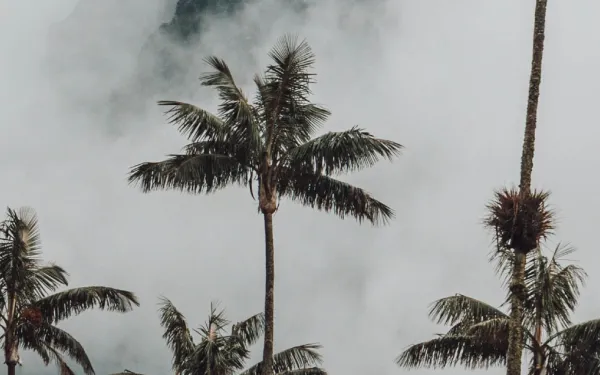
Environmental responsibility through supply chains
This report emphasizes the importance of binding legislation for companies to comply with environmental aspects as well as human rights throughout their supply chains.The document reviews environmental impact assessments as an instrument of due diligence and corporate responsibility in their supply chains. It examines the independent monitoring of impacts of business operations, and reflects on environmental guarantees and human rights for the legislative processes of due diligence. Download the publication
Read more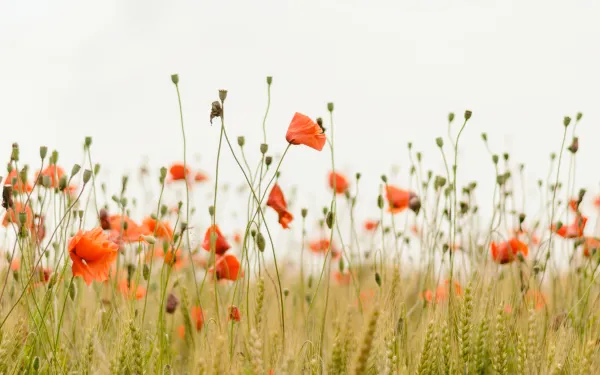
5 important advances for the environmental movement in 2021
Across the region and the world, civil society movements are becoming stronger and ensuring their voices are heard in important decision-making spaces. Actions born locally, and implemented across geography and ideology, are enabling progress on a common goal that transcends borders: the protection of our planet, and the people that most closely depend on it. The best cases and demands reach not only the highest level of their jurisdiction, but set replicable precedents for the movement at large. Given the considerable stress of the year, we wanted to take a moment to look at some of the good things that happened in 2021, all of which will help further and strengthen our work. These five advances were achieved thanks to countless activists, advocates, academics and governments from Latin America, and the world. They’re helping pave the way for accountability, the protection of human rights, and new legal tools that strengthen the global movement for climate and environmental justice. 1. Escazú Agreement enters into force On Earth Day 2021, the region celebrated the entry into force of the Escazú Agreement, the first environmental rights treaty in Latin America and the Caribbean and the only in the world to enshrine protection for environmental defenders. Escazú seeks to guarantee access to information, public participation and justice in environmental matters, all of which are necessary to facilitate the work and protect the lives of environmental defenders. It also recognizes the need for protection measures for communities in vulnerable situations. With the ratification of Argentina and Mexico, the necessary accessions for this breakthrough were achieved. The agreement is also the result of many years of work by civil society, a sector that promoted the development of Principle 10 of the Rio Declaration on Environment and Development, which is key to guaranteeing the human right to a healthy and sustainable environment. Now that it has entered into force, governments must integrate the responsibilities that Escazú establishes into their domestic systems so that defenders and communities can use it to their advantage. Only then will it truly be effective. 2. Court orders Shell to cut emissions by nearly half In a landmark ruling in the citizens' struggle for climate justice, the District Court of The Hague ordered the Anglo-Dutch company Shell to reduce its emissions by 45 percent by 2030. The verdict provides, for the first time, that a company and its subsidiaries must align their policies with global emissions reduction targets, such as those stipulated in the Paris Agreement. It sets a global precedent that was reached thanks to a lawsuit filed by several civil society organizations and more than 17,000 Dutch citizens. The main objective of the lawsuit was not to obtain financial compensation for damages, but to force the oil company to reduce its emissions. This case opened the discussion about the responsibility of companies in aggravating the climate crisis, and was a pioneer in the application of the UN guiding principles on business and human rights. Niels Hazekam, Senior Policy Advisor at Both Ends, one of the organizations involved in the lawsuit, explained the details of the Shell litigation in this AIDA webinar. This victory represents a major advance towards using judicial systems as tools to advance climate justice, with great potential for replication in other parts of the world, including Latin America. 3. International court reaffirms environmental protection in Costa Rica It is legitimate for a country to declare itself free of open-pit mining as part of its environmental protection objectives, declared the ICSID arbitration tribunal of the World Bank in response to a case filed by the mining company Infinito Gold against Costa Rica. In the arbitration, the mining company demanded the payment of $400 million dollars as compensation for the profits not received when the country annulled its mineral exploitation concession. In the early stages of the Crucitas mining project, AIDA warned the Costa Rican government of the threats it would pose to the environment and human rights. In 2008, the government issued a decree declaring the project of interest. Then, in 2011, the Supreme Court upheld a prior court decision to declare the Crucitas project illegal. Clearly unhappy with this decision, Infinito Gold began international arbitration and requested compensation for losses. This year, ICSID concluded that Costa Rica will not have to pay and clarified that the country did not deny the company access to local justice. The decision is an important step forward in the face of the growing intention of companies to sue governments for deciding to protect certain ecosystems. 4. The UN recognizes the human right to a healthy environment On October 8, in a historic day for the future of the planet, the United Nations Human Rights Council recognized that all people have a human right to a safe, healthy, clean and sustainable environment. Costa Rica, Slovenia, Maldives, Morocco and Switzerland led efforts within the Council in the latest stage of a long struggle, along with thousands of organizations, movements, businesses and advocates who joined the call for a #HealthyEnvironmentForAll. By circulating letters and inviting civil society around the world, they were able to show the legitimate interest in recognizing this right. This milestone in the history of international environmental law is the result of nearly 50 years of work by thousands of people who, since the Stockholm Declaration in 1972, have laid the groundwork for this day. Also on 8 October, the Council established the creation of a new Special Rapporteur to promote human rights in the context of climate change. This action responded to a request from civil society, in which AIDA was the meeting and coordination point in Latin America to mobilize the decision. 5. Pollution case goes to the Inter-American Court After more than 15 years, the case of human rights violations due to environmental contamination in La Oroya, Peru, reached the Inter-American Court of Human Rights. It is the first time that a case of air pollution caused by business activities in an urban context has reached the Court. The Inter-American Commission brought the case before the Court after establishing the international responsibility of the State, in response to a petition of a group of local residents—represented by AIDA and our allies—who have been chronically exposed to heavy metals from the Doe Run Peru metallurgical complex. The affected people appealed to the Inter-American Human Rights System because, despite the Peruvian Constitutional Court's order in 2006 for urgent measures to protect their rights, the State failed to comply. The presentation of the case before the Court represents a unique opportunity to restore the rights of the affected persons. Read more and learn about AIDA’s top victories of the year in our 2021 Annual Report!
Read more